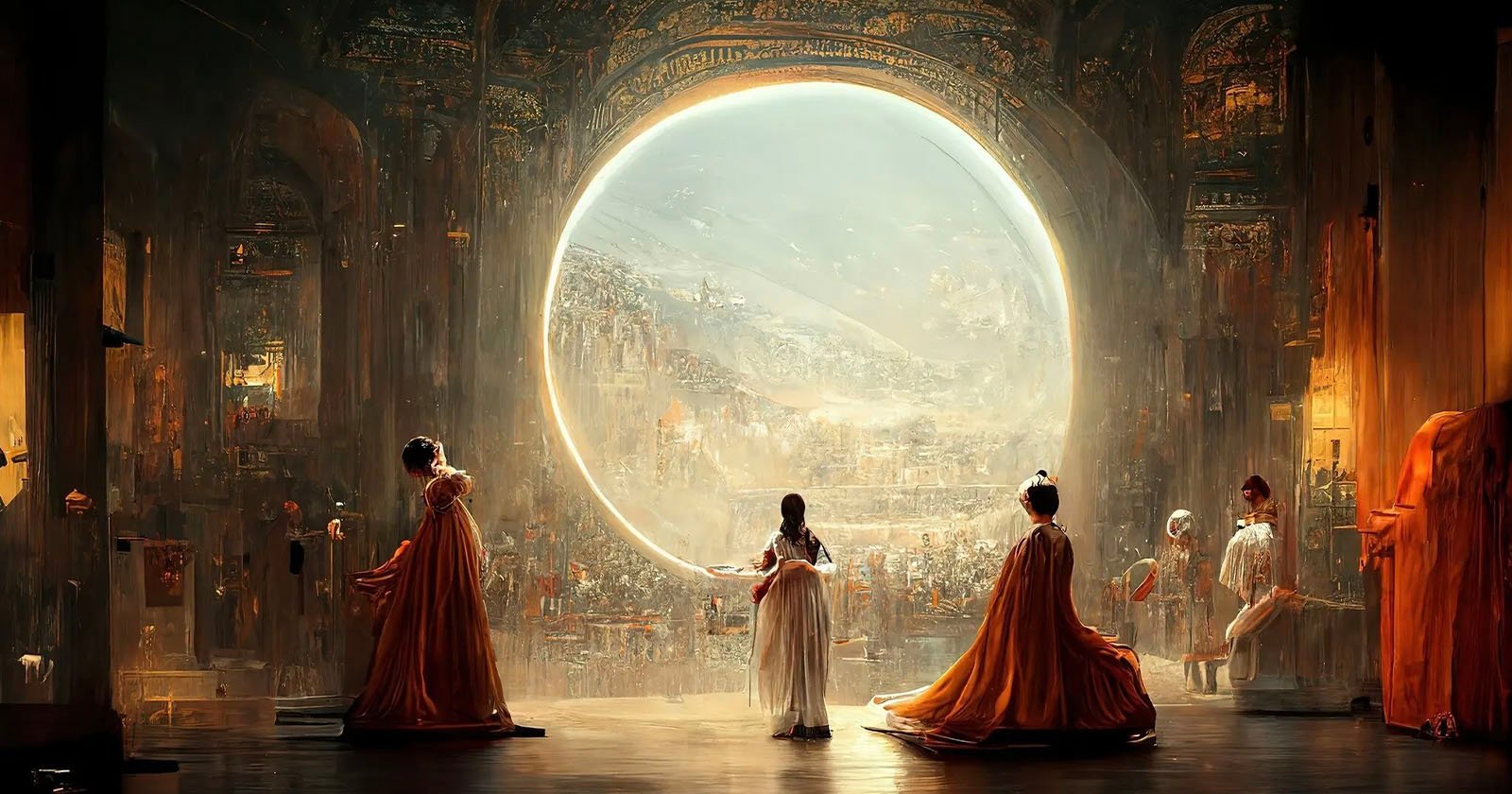An artist who infamously duped an art contest with an AI image is suing the U.S. Copyright Office over its refusal to register the image’s copyright.
In the lawsuit, Jason M. Allen asks a Colorado federal court to reverse the Copyright Office’s decision on his artwork Theatre D’opera Spatialbecause it was an expression of his creativity.
Reuters says the Copyright Office refused to comment on the case while Allen in a statement complains that the office’s decision “put me in a terrible position, with no recourse against others who are blatantly and repeatedly stealing my work.”



so its literature, then?
Sure, the artist doesn’t copyright a palette, or the shop does not hold ownership of pigments. But Companies do patent pigments.
If you commission an Art piece, with a detailed description of what it should display. The artist comes back to you with a draft, you tell them to adjust here and there, and you finally after several rounds of drafting got the commissioned art piece. Did you draw it?
Thats what LLMs do and nothing else.
Is the diction of the buyer to the artist in the final paragraph of your argument make the painting a novel? You have you answer.
Yes, companies can copyright specific pigments, but that doesn’t give them ownership over the paintings created by them, only protect for their own IP vis-à-vis the pigments. In the same way, the company that created the LLM may protect their work but hold no ownership on the art it produces.
Who drew the art is of no import when the artist isn’t a sentient lifeform. By your definition, a photographer cannot own a picture because the camera captured it.
No, you cannot copyright a pigment. Companies can use colors as trademarks, but that just means that competitors can’t use the color in a way that would confuse customers. For example, you can’t start a courier service with vans that are the same color as UPS vans, because that might confuse customers.
You are still free to use that color in ways that are unrelated to UPS, for instance as an eye shadow.
Patents are another matter entirely. You don’t patent the color, but you might be able to patent the media (e.g. a new formula for quick drying paint).